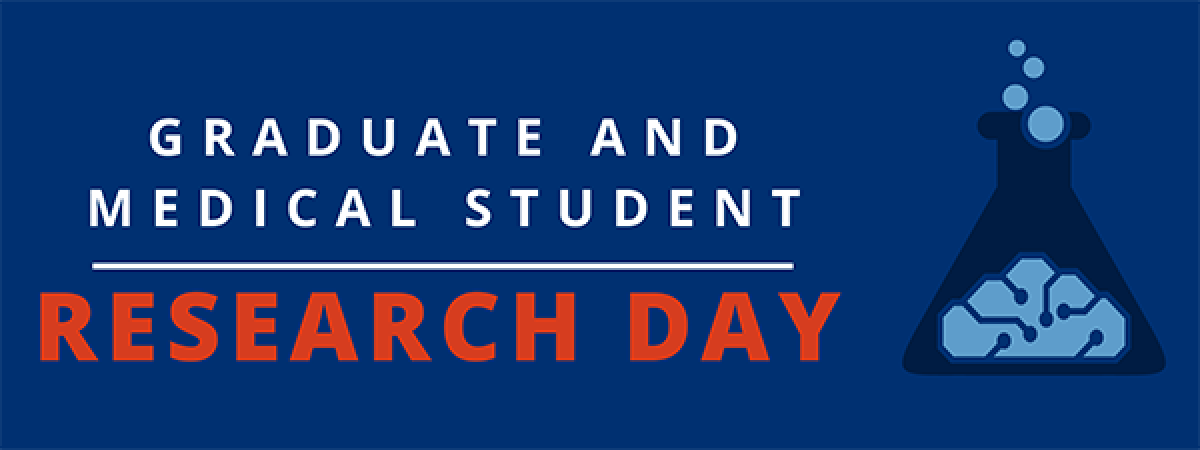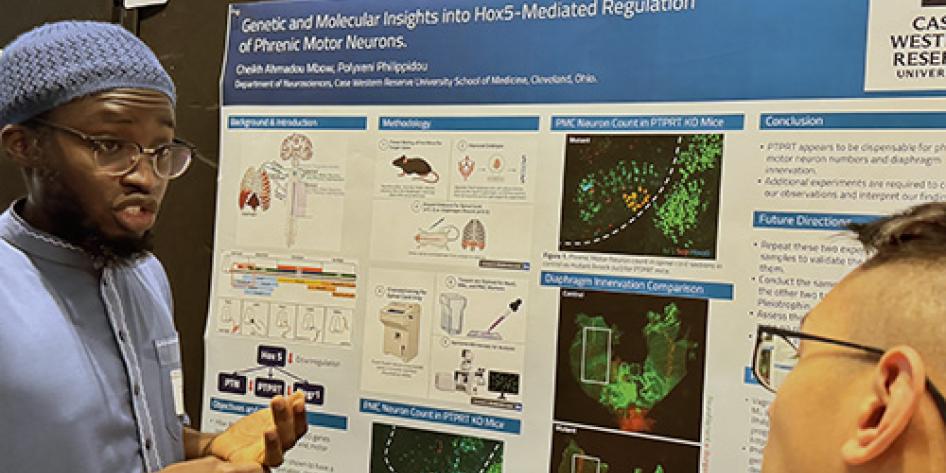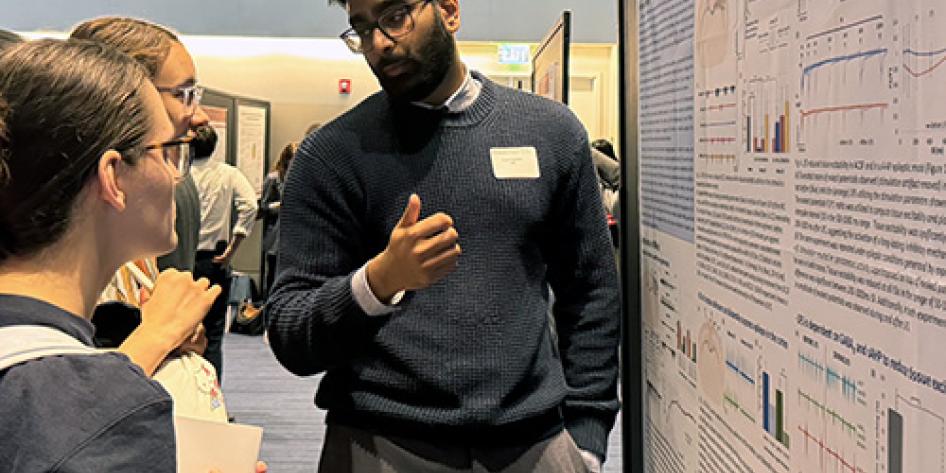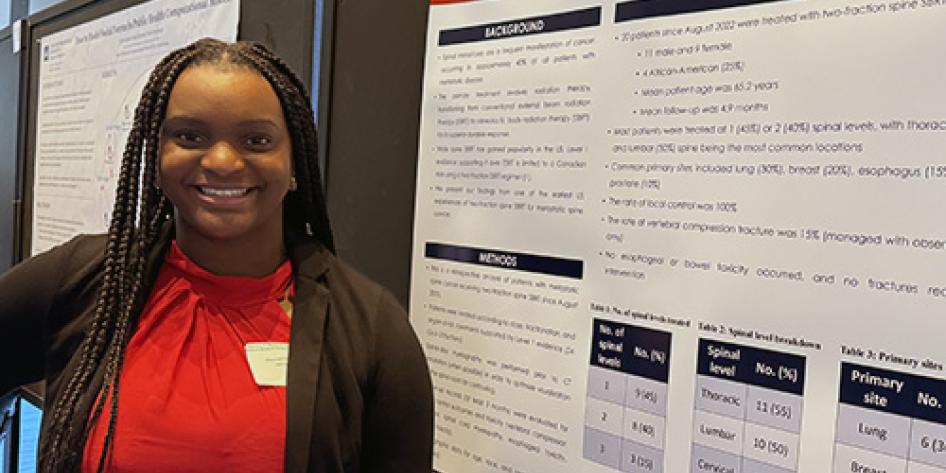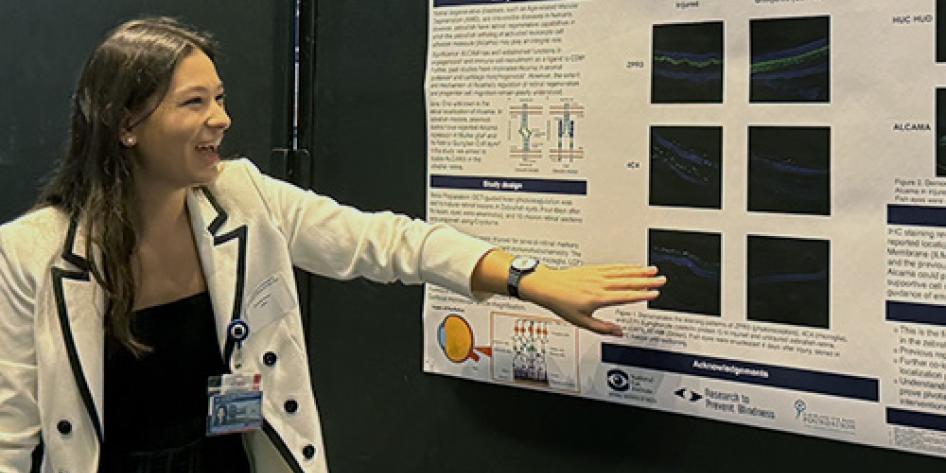More than 600 presenters, judges and attendees participated in the third annual Graduate and Medical Student Research Day on Thursday, Oct. 16, 2025, with 304 oral and poster presentations representing an impressive array of critical topics.
Thank you to all those who attended, presented or judged this year in support of the impressive research our students are undertaking here at CWRU School of Medicine.
Save the date: Mark your calendar and join us for next year's School of Medicine Graduate and Medical Student Research Day, which will be held on Thursday, Oct. 15, 2026! Abstract submission and judge signup will open in summer 2026.
If you have any questions about the event, please contact som_student_research_day@case.edu. We look forward to seeing you at Research Day 2026!


